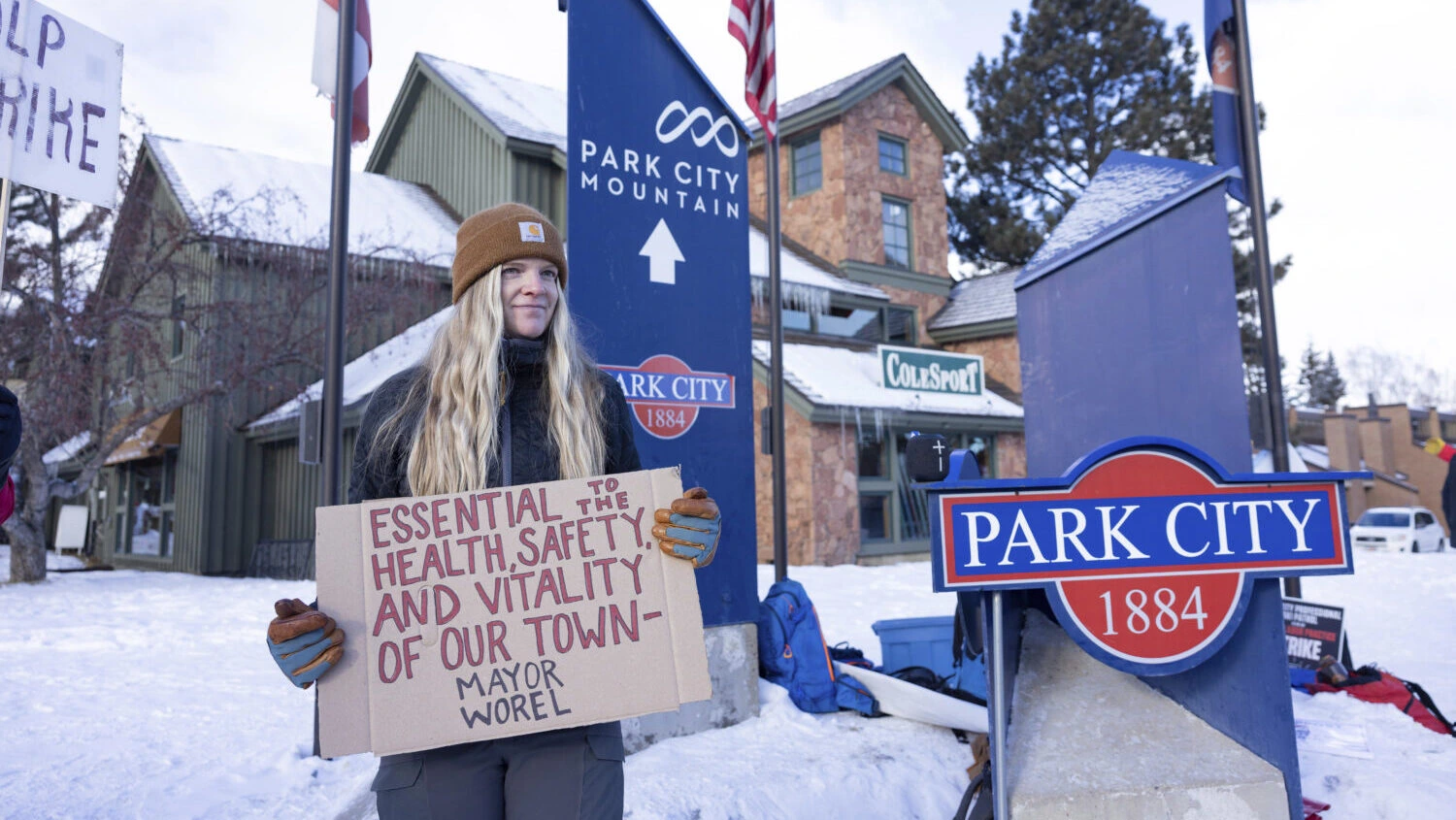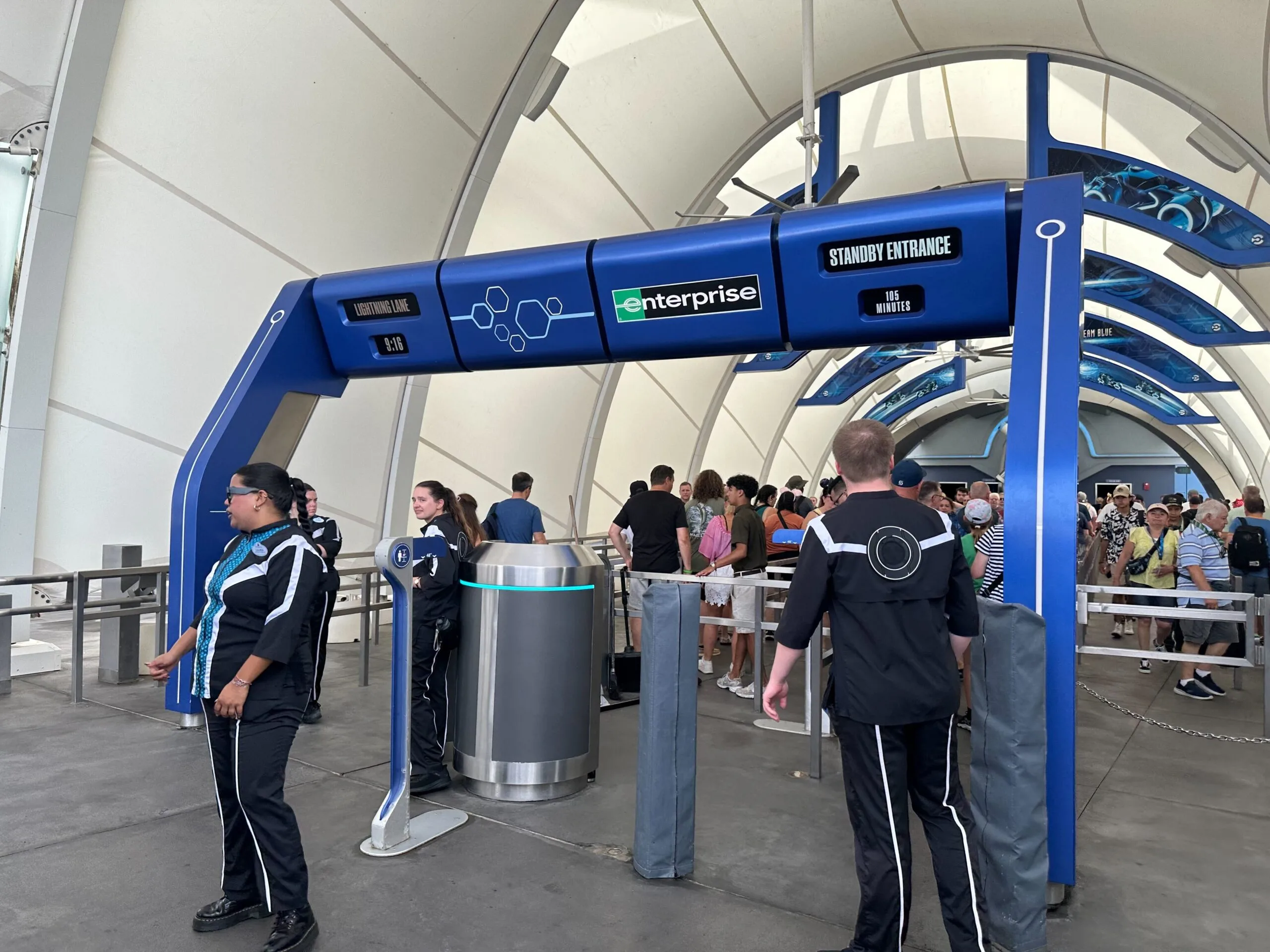The Biden administration proposed conducting an investigation into the state of competition in U.S. air travel; it is holding back a long list of complaints regarding limited airline choice, high fares, and consumer dissatisfaction. The Departments of Transportation and Justice will lead this inquiry. It is one giant step forward in looking into how airline consolidation and business practices affect consumers and what regulatory measures may be necessary to create a more competitive environment.
The probe will look into a wide range of issues following growing complaints from travelers and consumer advocacy groups. One major issue is the little competition among carriers serving the domestic airline market.
After a string of mergers in the last two decades, four major airlines now account for nearly 80 percent of U.S. air travel. The administration believes that such high levels of consolidation have resulted in stifling competition, reducing choice for the consumer, and often leading to higher fares, especially on routes that have little or no competition.
Transportation Secretary Pete Buttigieg framed the importance of the probe, saying that “Americans deserve a competitive airline industry that provides fair prices and quality service.” The probe would look at the ways in which mergers have affected ticket prices, service quality, and customer satisfaction. The Biden administration cited instances in other industries where consolidation has injured consumer interests, suggesting that such dynamics may be unfolding in air travel.
Part of the study would look at specific business practices through which airlines exercise control in the market. One of them is slot hoarding, by which airlines reserve exclusive rights to operate at several airports, thus locking out new carriers from entry.
This practice tends to reduce competition in most major hubs to the detriment of travelers, who have few choices and are likely to pay more for their tickets. In addition, they will analyze the function of airline alliances and code-sharing agreements that enable airlines to coordinate on price and scheduling and limit competitive options for consumers.
The review by the administration will also assess the relevance of ancillary fees charged that attract more controversies from consumer groups. Airlines charge fees for other services, which may not necessarily include checking a bag in or even choosing a seat. Critics claim that these are obscure fees, thus leading to misrepresented pricing, which complicates any possibility of gauging costs by airlines.
An inquiry comes at a time when the airline industry is rebounding from the economic strain of the COVID-19 pandemic. After two years of diminished demand and record-high passengers, consumers are complaining about rising cases of flight delays, cancellations, and worse service quality. With issues such as these in operations coupled with high fares, the administration believes that a closer look into competition is called for.
Although still in its initial stages, the investigation has already gained support from lawmakers and consumer advocates who have long clamored for reforms. Among its greatest proponents are Senator Elizabeth Warren and Representative Alexandria Ocasio-Cortez, who have long criticized higher airline regulation and welcomed the administration’s initiative that may be a turning point towards having more fair practices in the airline industry.
The better part of the Biden administration’s push on competition in the airline industry resonates hand-in-hand with its agenda to regulate corporate consolidation across sectors. The reason behind this probe on the practices by airlines and their consequences due to market concentration is thought to make travel not only cheap but also improve the experience of millions of Americans.
In conclusion, this probe may call for recommendations on regulatory changes or increase the enforcement of antitrust laws to prevent future mergers that could decrease the level of competition.
Since the probe, industry experts and travelers await whatever reforms may find their way to overhaul the landscape of air travel in the United States. Much is going to be told by this probe when finally it makes some recommendations, but sure enough, this administration will see to it that the best interests of the American consumer are reflected in competition regarding air travel.




